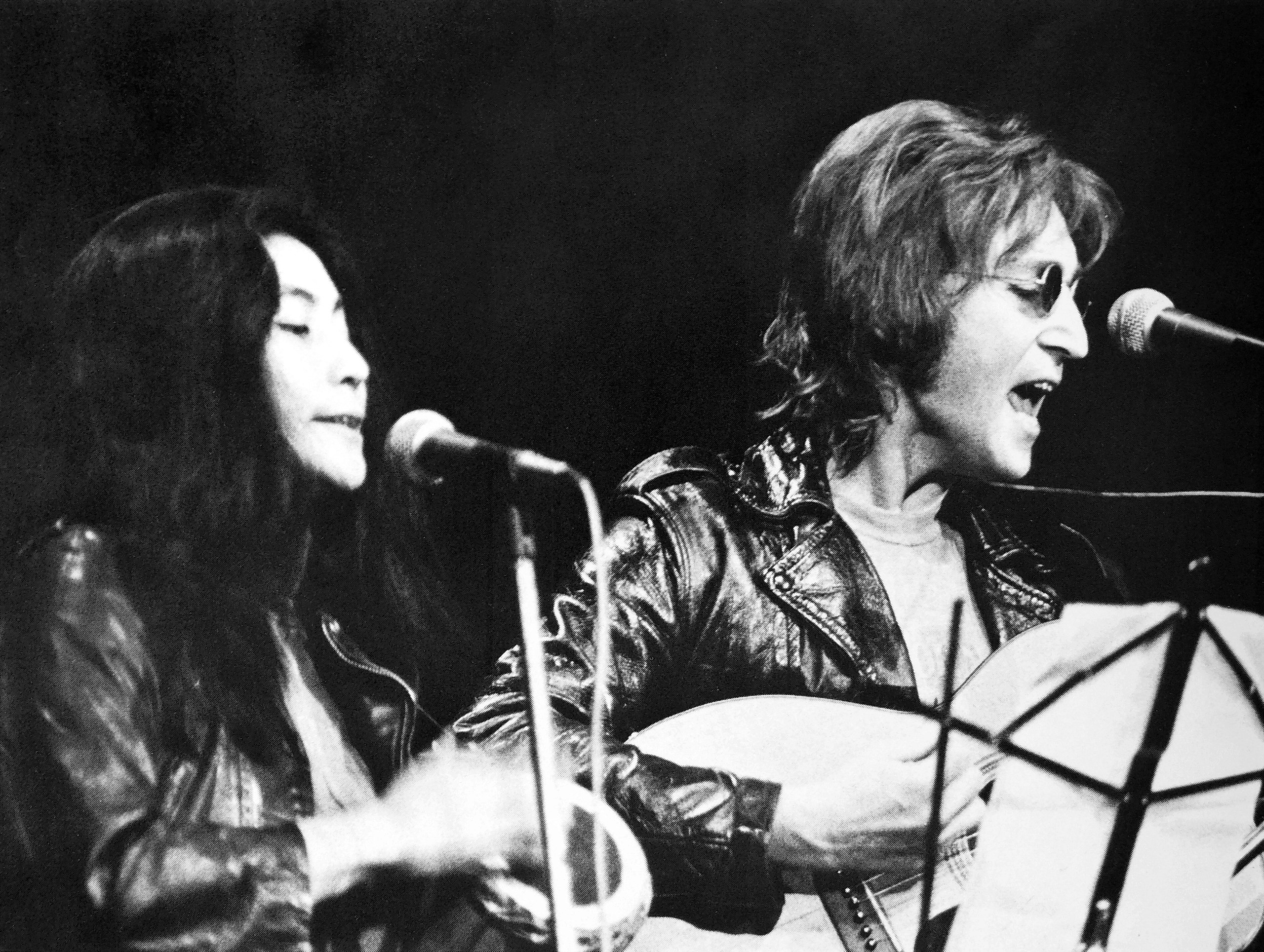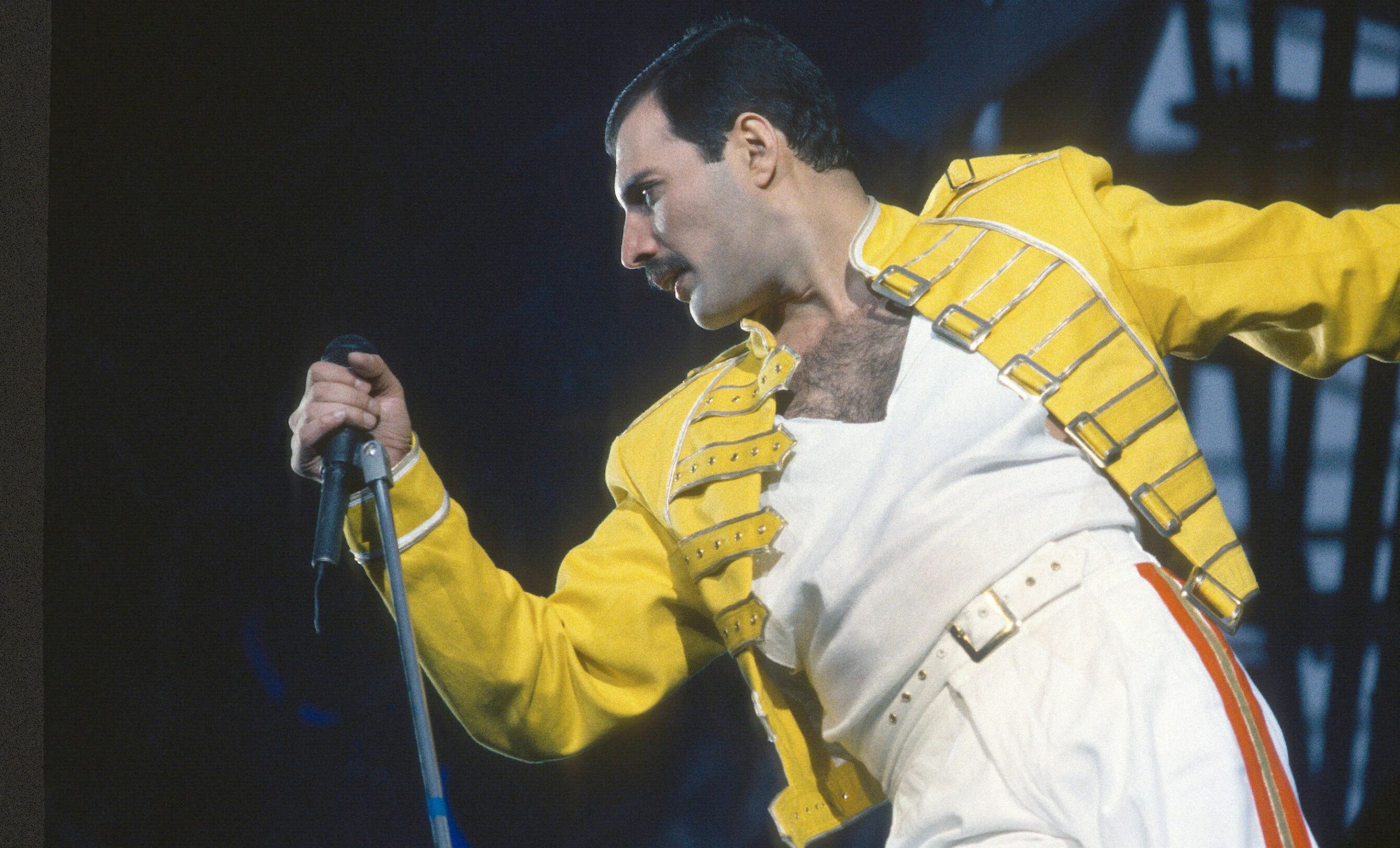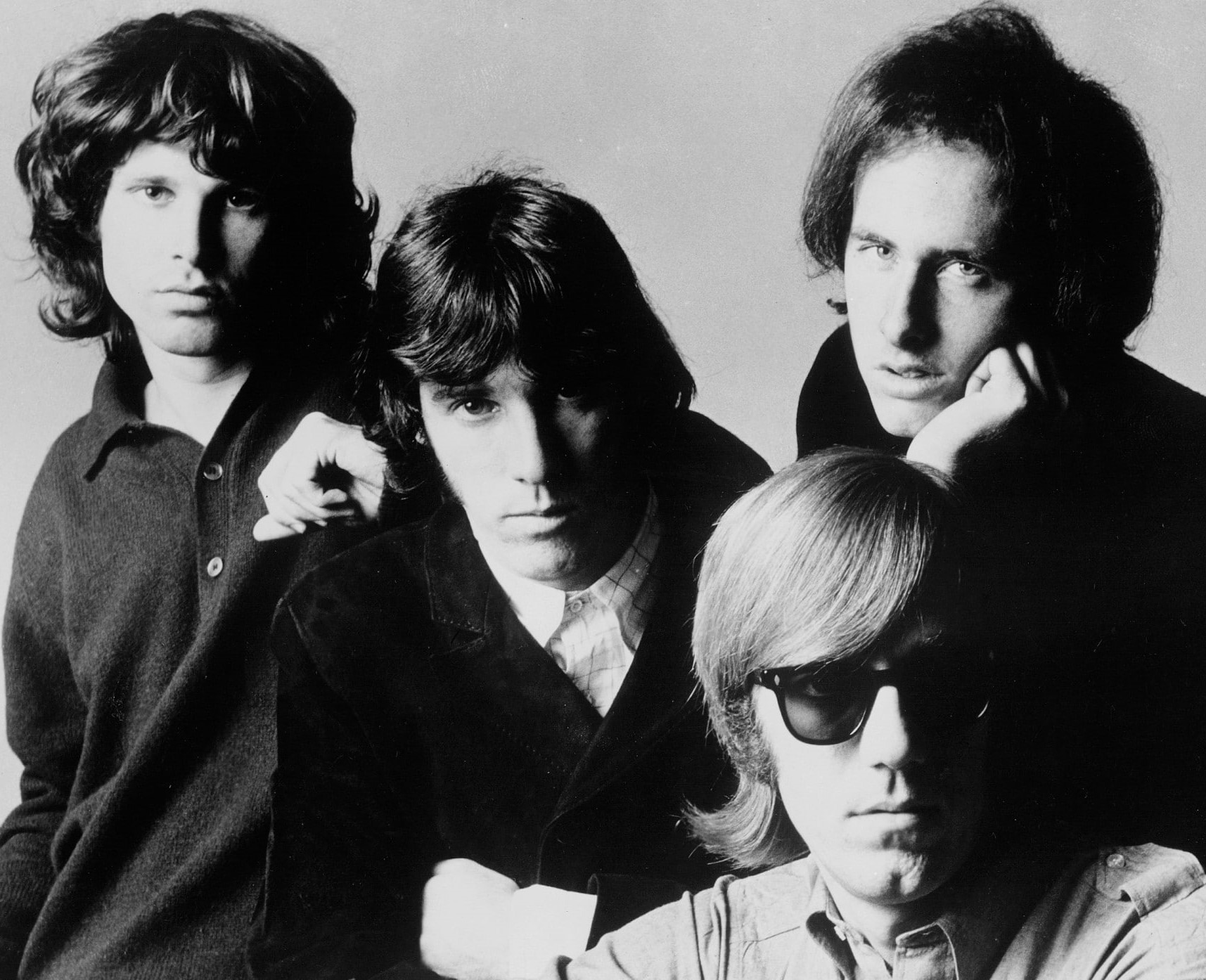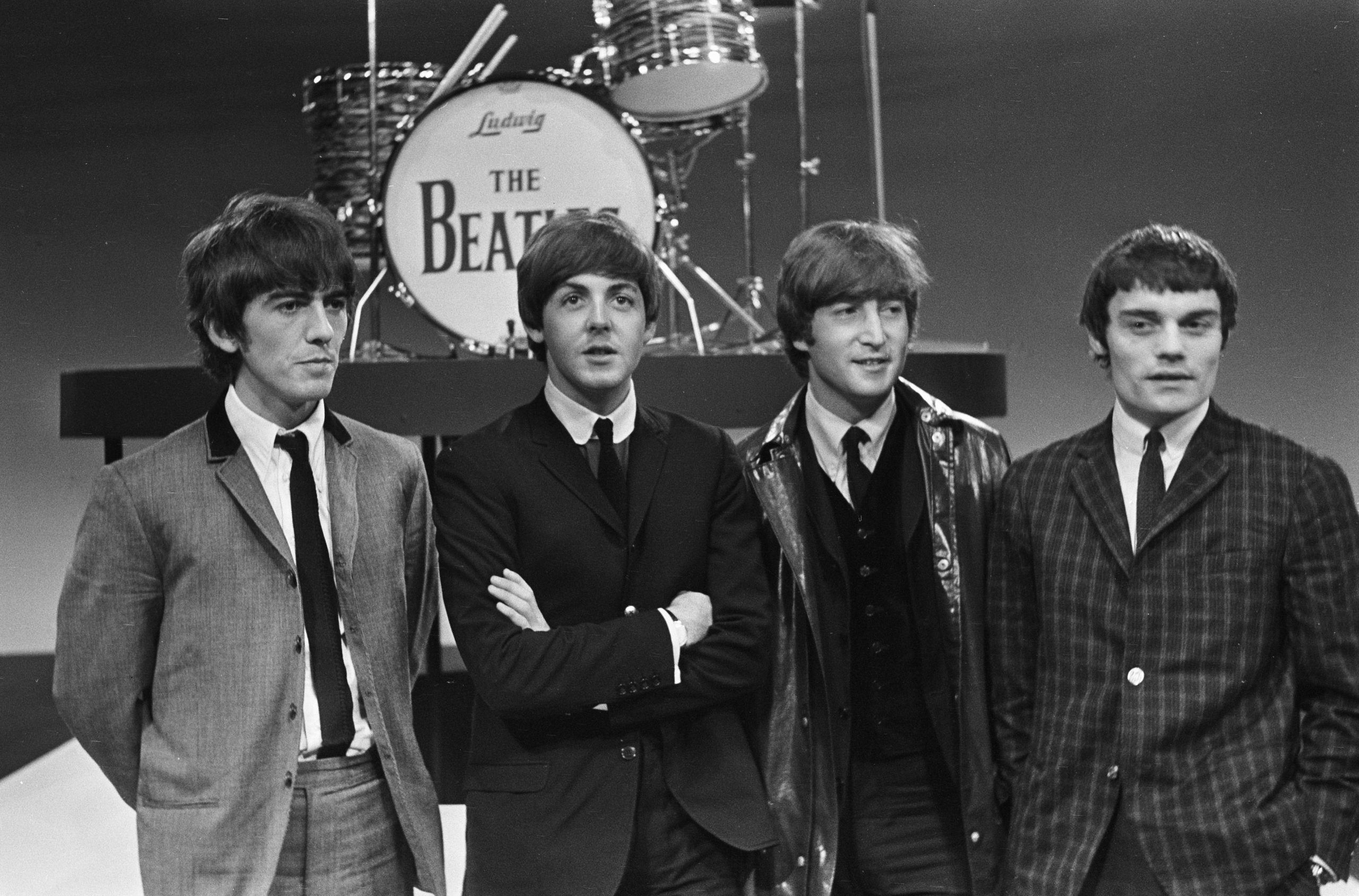Your smartphone tracks every move, algorithms curate your feed, and privacy feels like a quaint 20th-century concept. But imagine living under that scrutiny in 1975, when surveillance meant actual human agents following you down the street. A newly discovered reel-to-reel tape of John Lennon discussing exactly that experience has surfaced from the most unlikely place: a basement in England, where Boom Radio DJ Nicky Horne’s wife stumbled upon the forgotten interview while sorting through family belongings.
The Basement Discovery That Changed Beatles History
Forgotten tape captures Lennon’s raw honesty about government harassment during his most vulnerable years.
The 1975 recording features Lennon candidly discussing his belief that US authorities were actively monitoring his every move. Phone tapping, overt following, and break-ins had become routine parts of his New York existence. “Paranoia—but who wouldn’t be?” Lennon reflects on the tape, his voice carrying the weariness of someone whose art made him a political target. The interview provides unprecedented insight into how surveillance affected his creative process and personal relationships during his reconciliation with Yoko Ono.
When the FBI Turned Music Into Warfare
Declassified documents prove Lennon’s fears were completely justified—and then some.
The FBI amassed nearly 300 pages documenting Lennon’s activities, treating the “Imagine” songwriter as a legitimate national security threat. Nixon’s administration launched a coordinated “neutralize” campaign, using deportation threats and constant intimidation to silence his anti-war activism. Agents made their presence deliberately obvious, creating a psychological pressure campaign that stretched across international borders with help from British intelligence. The harassment continued for years, turning his fight for US residency into a grueling legal battle that wouldn’t end until 1976.
The Tragic Irony of Optimism Under Fire
Lennon’s prediction of creative longevity makes his 1980 assassination even more heartbreaking.
Despite the psychological toll, Lennon maintained hope for his artistic future. “Apart from acts of God, I will be around for another 60 years and doing…” he muses on the tape, imagining decades of music ahead. The surveillance disrupted his peace activism, but couldn’t kill his creative spirit. Five years later, a different kind of violence would cut short those dreams outside the Dakota, making his surveillance-era optimism read like a cruel prophecy.
The Legal Legacy That Outlasted the Man
Lennon’s FBI files became a landmark case for government transparency and artistic freedom.
The fight to release Lennon’s surveillance records extended into the 1980s, establishing crucial precedents for using the Freedom of Information Act against political surveillance of public figures. His case became a blueprint for exposing government overreach against dissenting artists—a lesson that resonates every time musicians face backlash for speaking out. The basement tape adds another crucial piece to understanding how power tries to silence creativity, and why transparency remains the only antidote to paranoia.


























